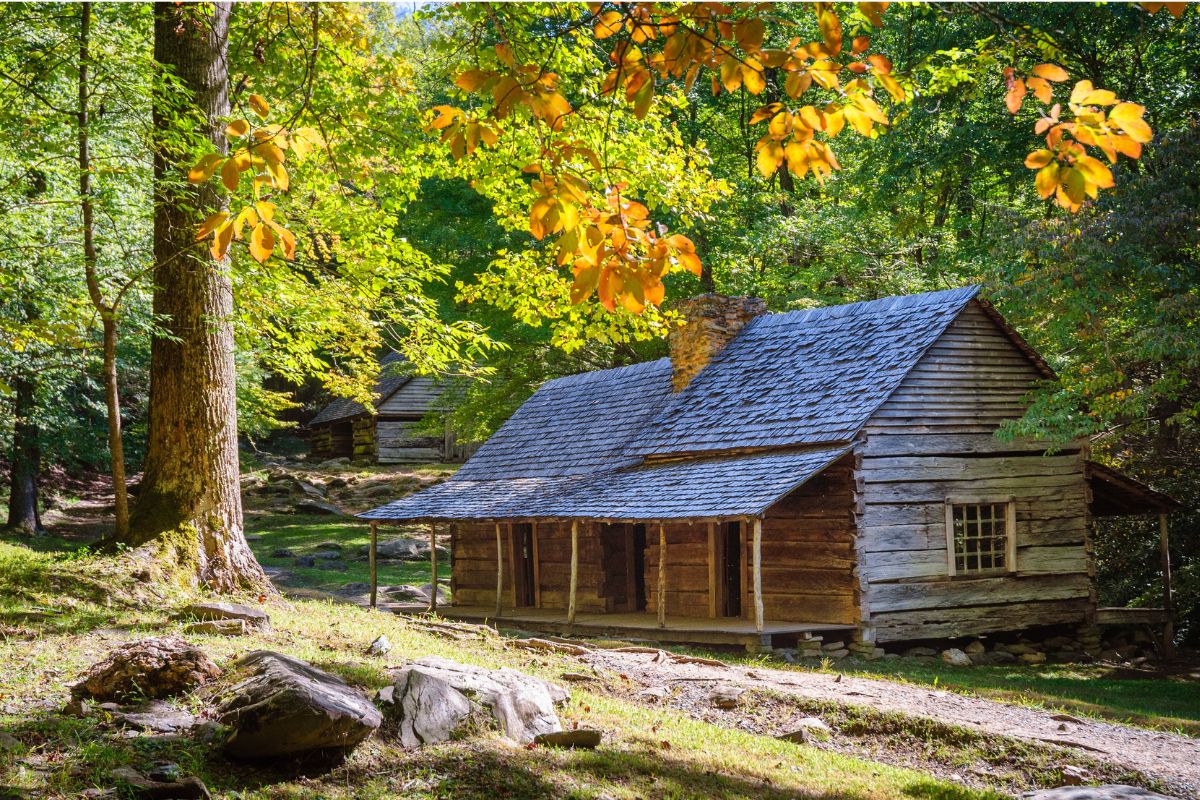Nestled in the heart of Appalachia, the Smoky Mountains offer more than just breathtaking landscapes—they are also home to a rich culinary heritage that reflects the region’s deep-rooted traditions and abundant natural resources.
Exploring the Smoky Mountains through its food allows you to connect with the authentic flavors of the land, from farm-fresh produce and wild-caught trout to time-honored recipes passed down through generations. In this guide, we’ll take you on a journey to discover the Smoky Mountains’ most authentic culinary experiences, where local ingredients shine in every dish.
Whether you’re indulging in a hearty mountain breakfast, savoring a gourmet meal at a farm-to-table restaurant, or trying your hand at cooking with regional specialties, get ready to immerse yourself in the true taste of the Smokies. Experience the unique blend of tradition and innovation that makes this region’s cuisine a must-try for food lovers and adventurers alike.
A Taste of Perfection: Culinary Experiences That Define the Smoky Mountains
Exploring Farm-to-Table Dining in the Smoky Mountains
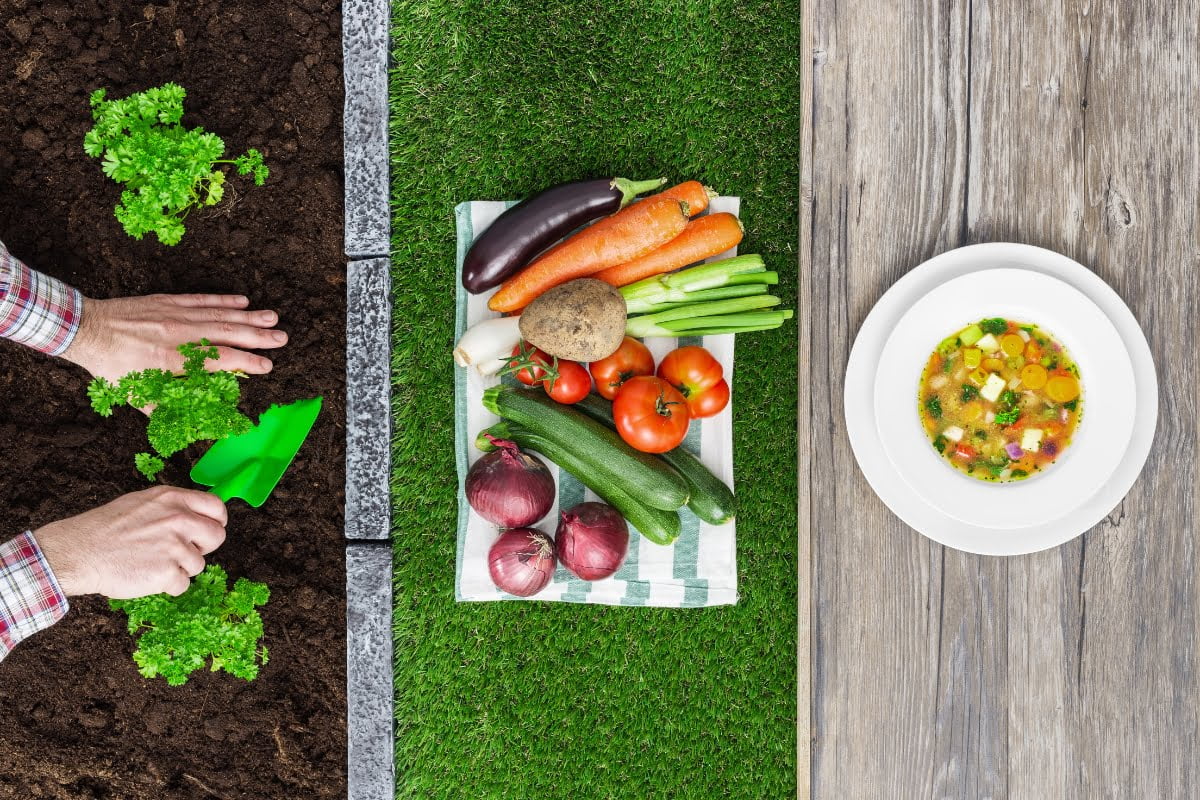
The Smoky Mountains are a haven for those who appreciate farm-to-table dining experiences, where the focus is on fresh, locally sourced ingredients, and culinary practices that emphasize sustainability and a deep connection to the land.
Blackberry Farm stands as one of the premier farm-to-table experiences in the Smoky Mountains, if not the entire country. Located on a sprawling 4,200-acre estate, the farm’s on-site gardens, orchards, and livestock provide the majority of the ingredients used in its award-winning kitchens.
The dining experience here is intimate, with menus that change daily to reflect the freshest ingredients available.
Guests can enjoy multi-course meals that showcase everything from heirloom vegetables and hand-crafted cheeses to cured meats and freshly caught trout from nearby streams. Blackberry Farm’s commitment to sustainability and quality is evident in every dish, making it a must-visit for food enthusiasts .
The Old Mill Restaurant (Pigeon Forge, TN)
The Old Mill offers a nostalgic farm-to-table experience in the heart of Pigeon Forge. Housed in a historic gristmill, the restaurant uses freshly milled grains from its own mill, and many of the ingredients come from local farms.
The menu is filled with Southern comfort foods, including cornbread made with stone-ground cornmeal and slow-cooked meats, all prepared with a focus on tradition and local sourcing. The Old Mill’s commitment to local agriculture and preserving culinary heritage makes it a beloved spot for both locals and visitors.
Applewood Farmhouse Restaurant (Sevierville, TN)
Situated in a charming apple orchard, Applewood Farmhouse Restaurant is another excellent choice for those seeking farm-to-table dining in the Smoky Mountains. The restaurant’s menu highlights the best of Southern cuisine, with a particular focus on apples grown right on the property.
Whether it’s apple fritters served with every meal or their famous apple julep, the restaurant offers a dining experience that is both delicious and steeped in local tradition. The farm-to-table approach here not only supports local farmers but also ensures that guests enjoy the freshest, most flavorful ingredients.
Each of these dining experiences reflects a deep respect for the Smoky Mountains’ agricultural roots, offering guests the chance to enjoy meals that are as fresh as they are flavorful. Whether you’re looking for a luxurious dining experience or a taste of traditional Southern cooking, the Smoky Mountains’ farm-to-table restaurants provide an authentic and memorable culinary journey.
The Art of Foraging: Wild Ingredients and Their Culinary Uses
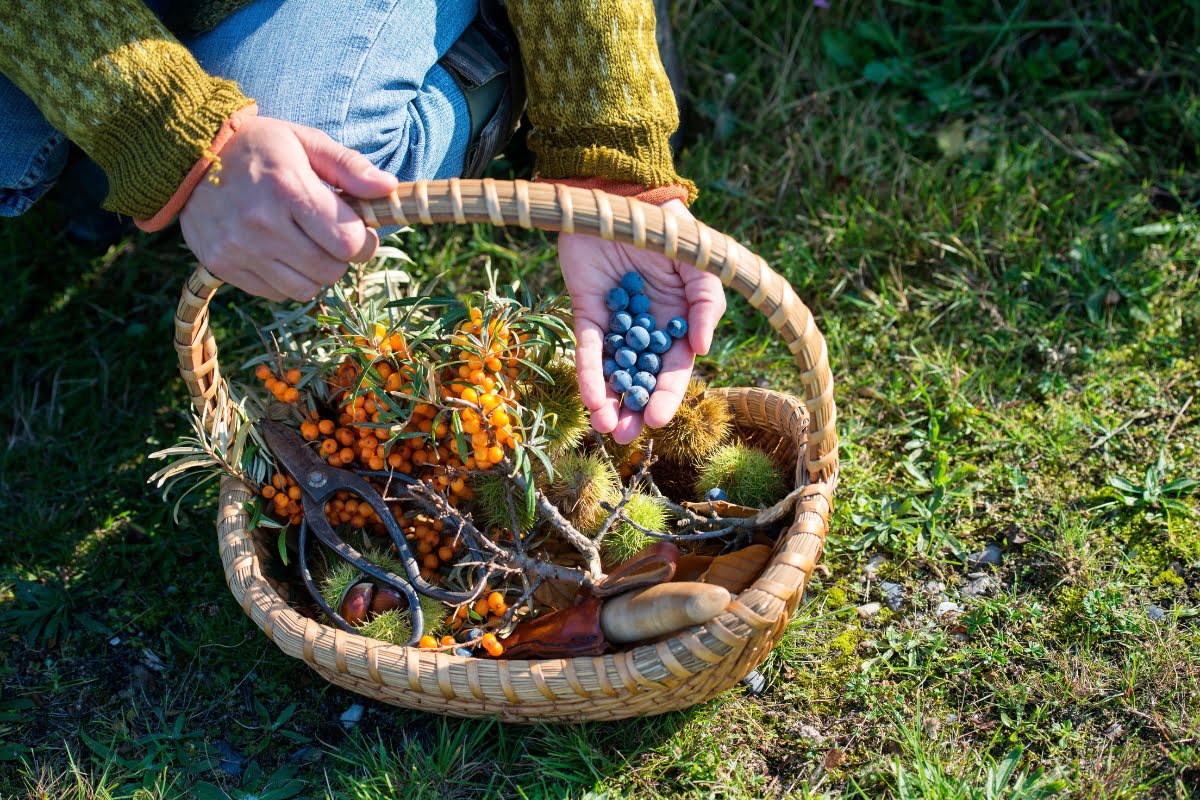
When it comes to authentic tasting experiences, one cannot underestimate the art of foraging for wild ingredients. Exploring the bounties of nature, particularly in regions like the Smoky Mountains, can elevate not just the taste but also the cultural richness of a dish.
Foraging for wild ingredients involves a deep understanding of the local flora and fauna. In the Smoky Mountains, this could mean sourcing ingredients like ramps, morel mushrooms, or even black walnuts. Each of these ingredients carries a unique flavor profile that adds depth and complexity to dishes.
Ramps, also known as wild leeks, bring a pungent, garlicky flavor to the table. When sautéed with butter, they can transform a simple dish into a gourmet experience. Morel mushrooms, with their earthy and nutty taste, are coveted by chefs for their ability to enhance sauces and risottos.
Black walnuts, on the other hand, offer a rich and robust flavor that pairs well with desserts and savory dishes alike. Incorporating these wild ingredients into your culinary creations not only showcases your creativity but also honors the local ecosystem and traditions.
The art of foraging is not just about gathering ingredients; it’s about connecting with nature and understanding the seasons. In the Smoky Mountains, foraging can be a deeply enriching experience, allowing you to appreciate the bounty of the land and the skills of generations past.
By embracing the practice of foraging for wild ingredients, you open yourself up to a world of culinary possibilities. Whether you’re a seasoned chef or a home cook looking to experiment, incorporating local, wild ingredients into your dishes can elevate your cooking to new heights.
Immersing in Appalachian Food Heritage: Traditional Dishes to Try

The Smoky Mountains are rich in Appalachian food heritage, offering visitors a taste of the region’s unique culinary traditions. Here are some must-try traditional dishes that capture the essence of Appalachian cuisine:
- Chicken and Dumplings: A quintessential Appalachian comfort food, Chicken and Dumplings feature tender pieces of chicken cooked in a savory broth, topped with soft, fluffy dumplings. This dish is a staple in Appalachian homes, reflecting the region’s emphasis on hearty, soul-warming meals. The simplicity and richness of the dish make it a perfect representation of Appalachian comfort food.
- Apple Stack Cake: The Apple Stack Cake is a beloved dessert in Appalachia, made with layers of spiced apple filling between thin, molasses-infused cake layers. Traditionally served at weddings and special occasions, this cake showcases the region’s love for locally grown apples and traditional baking techniques. It’s a unique treat that offers a sweet, spiced taste of Appalachian culture.
- Fried Green Tomatoes: A Southern classic, Fried Green Tomatoes are a must-try when exploring Appalachian cuisine. This dish features unripe tomatoes, coated in cornmeal, and fried to perfection. The crispy exterior and tangy interior highlight the region’s emphasis on fresh, seasonal ingredients. Often served with a side of creamy sauce, Fried Green Tomatoes are a simple yet flavorful example of Appalachian cooking.
- Cornbread: Cornbread is a staple in Appalachian households, often accompanying meals as a side dish. Made with cornmeal and buttermilk, this bread has a slightly sweet, crumbly texture that pairs perfectly with hearty stews and soups. It’s a dish that embodies the simplicity and resourcefulness of Appalachian cooking, using ingredients that are easily accessible in the region.
- Sorghum Molasses: Sorghum Molasses is a traditional sweetener made from sorghum cane, and it’s a staple in Appalachian cuisine. Often drizzled over biscuits, cornbread, or used in baking, it adds a rich, earthy sweetness to dishes. Sorghum Molasses is a key ingredient in many Appalachian desserts, and its production is a time-honored tradition in the region.
- Pinto Beans and Chow Chow: Pinto Beans, often slow-cooked with ham hocks or bacon, are a hearty Appalachian dish typically served with a side of cornbread. To add a tangy, flavorful twist, they are often paired with Chow Chow, a type of pickled relish made from green tomatoes, cabbage, and onions. This combination of savory beans and tangy relish is a classic comfort food in Appalachian households.
- Ramps: Ramps, a type of wild leek, are a seasonal delicacy in the Appalachian region. They have a strong, garlicky flavor and are often sautéed with potatoes, scrambled into eggs, or used in soups. Ramps are highly prized in Appalachian cooking, and their arrival in spring is celebrated with festivals and feasts.
These dishes provide a broader view of the rich and diverse culinary traditions of the Appalachian region, offering more opportunities to experience the flavors and heritage of the Smoky Mountains.
Savoring Locally Crafted Wines and Spirits in the Smokies

The Smoky Mountains are not only known for their stunning landscapes but also for their rich tradition of crafting exceptional wines and spirits. Whether you’re a wine connoisseur or a lover of fine spirits, exploring the locally produced beverages in the Smokies offers a delightful taste of the region’s unique flavors and craftsmanship.
- Tennessee Homemade Wines (Gatlinburg, TN): Located in the heart of Gatlinburg, Tennessee Homemade Wines offers a wide selection of locally crafted wines made from local fruits like blackberries, blueberries, and muscadines. Their cozy tasting room provides a perfect spot to sample their unique wines.
- Ole Smoky Distillery (Gatlinburg and Pigeon Forge, TN): Known as the most visited distillery in America, Ole Smoky offers a range of moonshines and whiskeys. Their distillery locations in Gatlinburg and Pigeon Forge provide visitors with a chance to see the distilling process in action and taste their famous spirits, including the legendary Ole Smoky Moonshine.
- Rocky Top Wine Trail (Sevierville, Pigeon Forge, and Gatlinburg, TN): The Rocky Top Wine Trail includes several wineries across Sevierville, Pigeon Forge, and Gatlinburg. Participants can visit each location, taste a variety of wines, and collect stamps for a special prize. This trail is a great way to experience the diversity of wines crafted in the Smokies.
- Cades Cove Cellars (Townsend, TN): Cades Cove Cellars offers wines that reflect the natural beauty of the Smoky Mountains. Located in Townsend, this winery provides a relaxing atmosphere where visitors can enjoy tastings of their handcrafted wines, made from locally sourced fruits.
- Sugarlands Distilling Company (Gatlinburg, TN): Another prominent distillery in Gatlinburg, Sugarlands Distilling Company produces a variety of award-winning moonshines and whiskeys. Their interactive distillery tours and tastings allow visitors to sample their spirits while learning about the history and craft of moonshining in the region.
- Apple Barn Winery (Sevierville, TN): Located in Sevierville, the Apple Barn Winery specializes in apple-based wines made from locally grown apples. The winery is part of the Apple Barn Village, where visitors can also explore other attractions like the Apple Barn Cider House and the Applewood Farmhouse Restaurant.
- Gatlinburg Wine Cellar (Gatlinburg, TN): Gatlinburg Wine Cellar is known for its small-batch, handcrafted wines. Their offerings include unique flavors like cotton candy wine, which has become a popular choice among visitors. The winery offers complimentary tastings in a welcoming atmosphere.
These locations offer a rich experience of the Smoky Mountains’ local wine and spirits culture, allowing you to taste and take home a piece of the region’s craft beverages.
Farmers’ Markets and Artisanal Food Stalls: A Gastronomic Delight
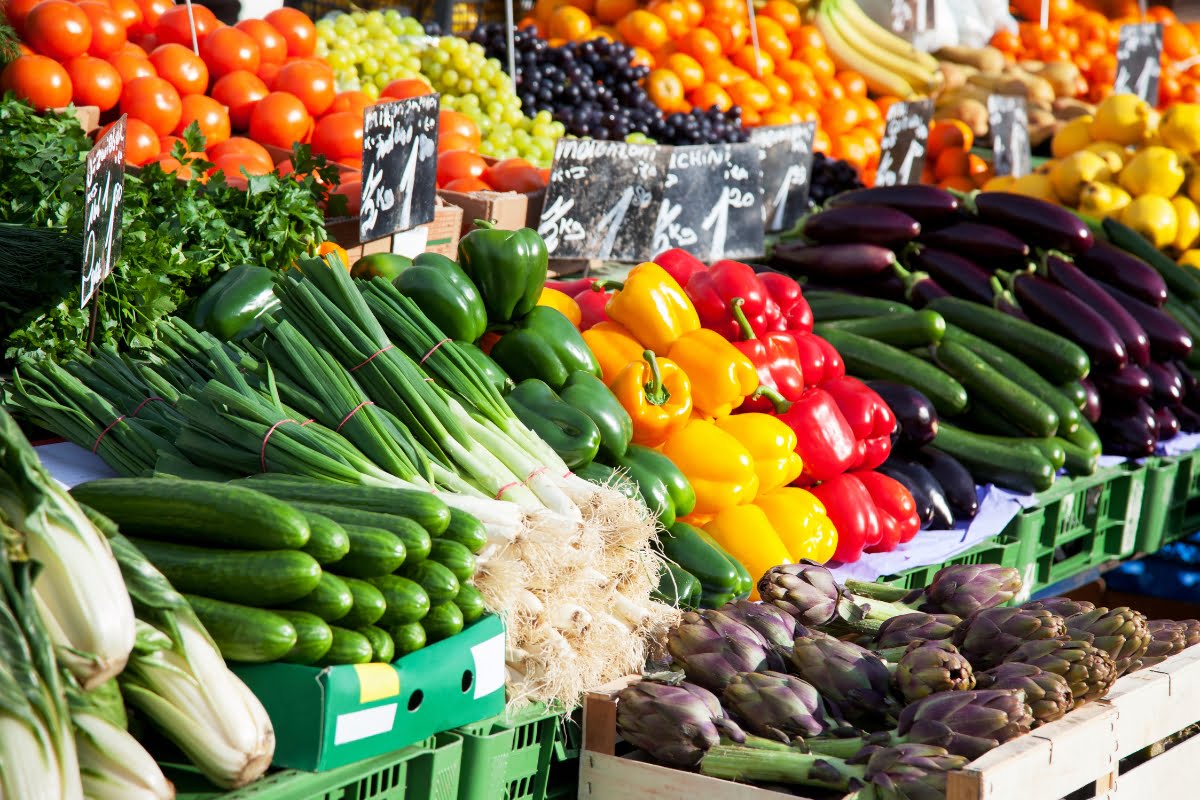
Farmers’ markets and artisanal food stalls offer a variety of fresh and locally sourced ingredients, providing food enthusiasts with a gastronomic delight. These vibrant markets showcase the region’s culinary diversity and highlight the importance of supporting local producers.
Visiting farmers’ markets in the Smoky Mountains region immerses visitors in an authentic culinary experience. Here, they can explore a plethora of farm-fresh produce, handcrafted cheeses, artisanal bread, and homemade goods. The sights and smells of these markets tantalize the senses, inviting visitors to savor the flavors of the local cuisine.
At artisanal food stalls, skilled artisans showcase their craft, offering unique and high-quality products that reflect the region’s gastronomic heritage. From small-batch chocolates to aged cheeses and organic preserves, these stalls are a treasure trove of culinary delights waiting to be discovered.
Culinary experiences in the Smoky Mountains go beyond just tasting delicious food. Visitors can engage with local farmers and artisans, learning about traditional farming practices, food preservation techniques, and the stories behind each product. This hands-on approach deepens the connection between consumers and the food they eat, fostering a greater appreciation for local ingredients.
Exploring the region’s farmers’ markets and artisanal food stalls is not just about satisfying hunger; it’s about celebrating the rich tapestry of flavors that define the Smoky Mountains culinary scene. Whether it’s indulging in a freshly baked pie, sampling a seasonal jam, or discovering a new favorite cheese, every bite tells a story of community, tradition, and passion for good food.
Sustainable Dining Practices and Eco-Friendly Initiatives in the Region
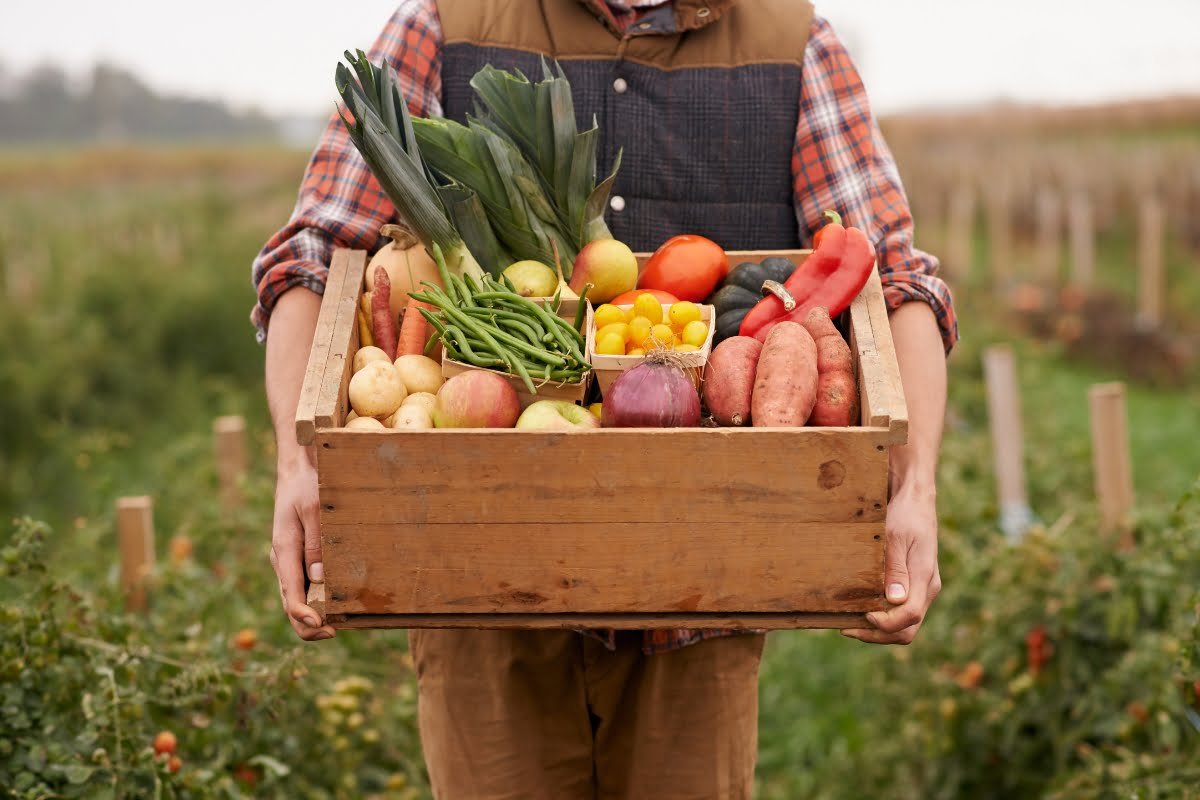
When it comes to sustainable dining practices and eco-friendly initiatives in the region, food tourism play a significant role. Exploring the Smoky Mountains offers a unique opportunity to indulge in authentic dishes crafted from locally sourced ingredients. Embracing these culinary experiences not only tantalizes the taste buds but also supports environmental sustainability.
In the Smoky Mountains region, restaurants and eateries are increasingly focusing on incorporating local ingredients into their menus. By sourcing produce, meats, and dairy from nearby farms and suppliers, they reduce the carbon footprint associated with transportation and support the local economy. This farm-to-table approach enhances the freshness and quality of the dishes while promoting sustainability.
Visitors to the region can immerse themselves in a culinary journey that highlights the rich flavors and traditions of the area. From farm-fresh salads to hearty stews made with locally raised meats, the culinary experiences in the Smoky Mountains offer a true taste of the region’s bounty. By savoring these dishes, guests not only enjoy delicious meals but also contribute to the preservation of local food ecosystems.
In addition to supporting local producers, many dining establishments in the Smoky Mountains are implementing eco-friendly initiatives to reduce waste and minimize environmental impact. Practices such as composting food scraps, using biodegradable packaging, and reducing water consumption help restaurants operate more sustainably. These efforts align with the ethos of sustainable dining and contribute to the overall health of the region.
Embracing the Spirit of the Smoky Mountains: A Tasting Experience
As your culinary journey through the Smoky Mountains comes to an end, take a moment to reflect on the incredible experiences you’ve had. From farm-to-table dining experiences that connected you with local ingredients to foraging adventures that allowed you to discover wild flavors, each bite has been a celebration of this region’s vibrant culinary scene.
To truly immerse yourself in these unique culinary adventures, choose Basecamp Smoky Mountains as your go-to stay in the area. Whether you’re planning a getaway or a special event, our team is here to make your experience unforgettable. Contact us at (828) 809-1921 or visit our website to fill out the contact form and start planning your Smoky Mountains adventure today. Let Basecamp Smoky Mountains lead you to the heart of Appalachian cuisine and beyond.





